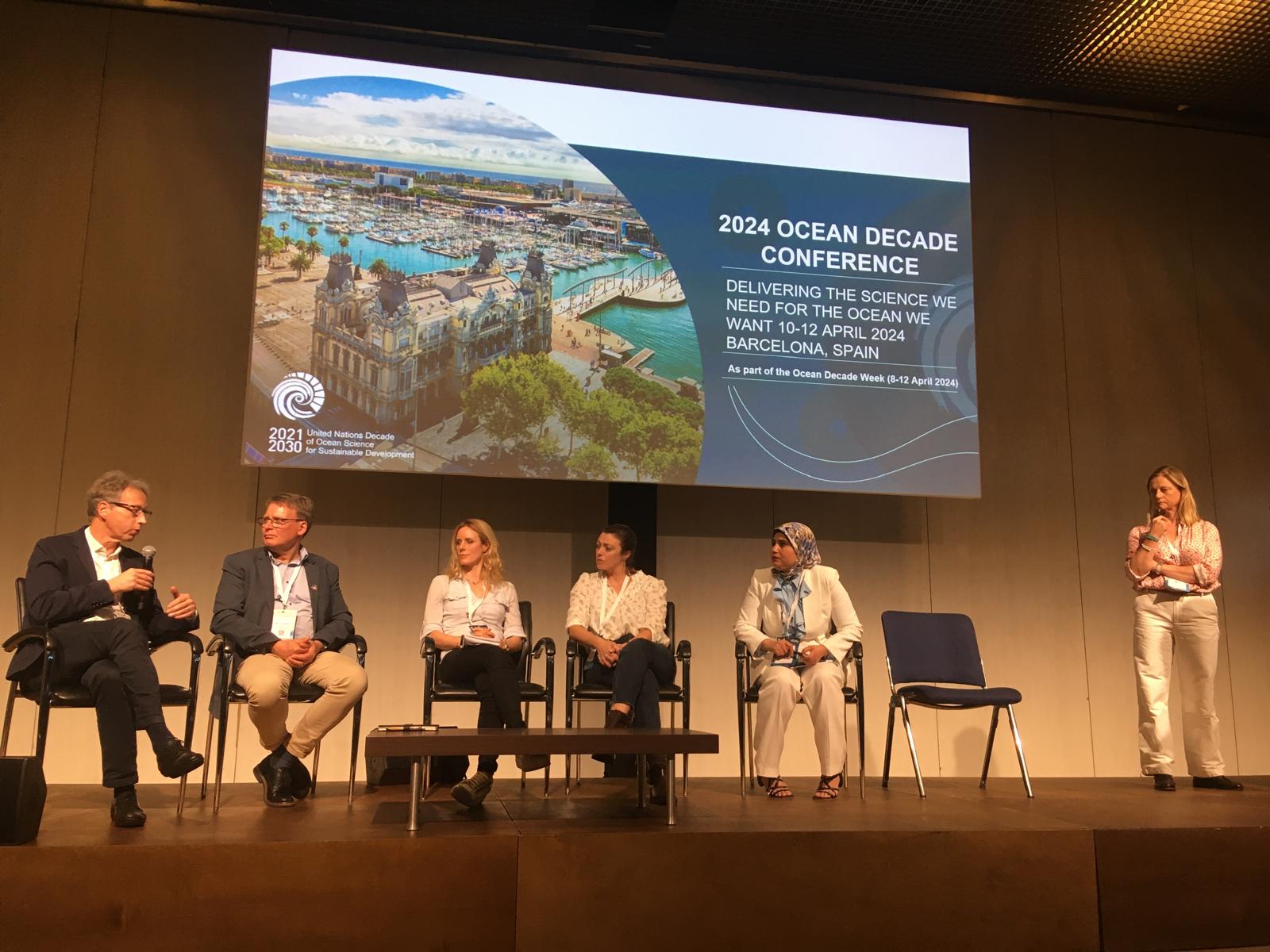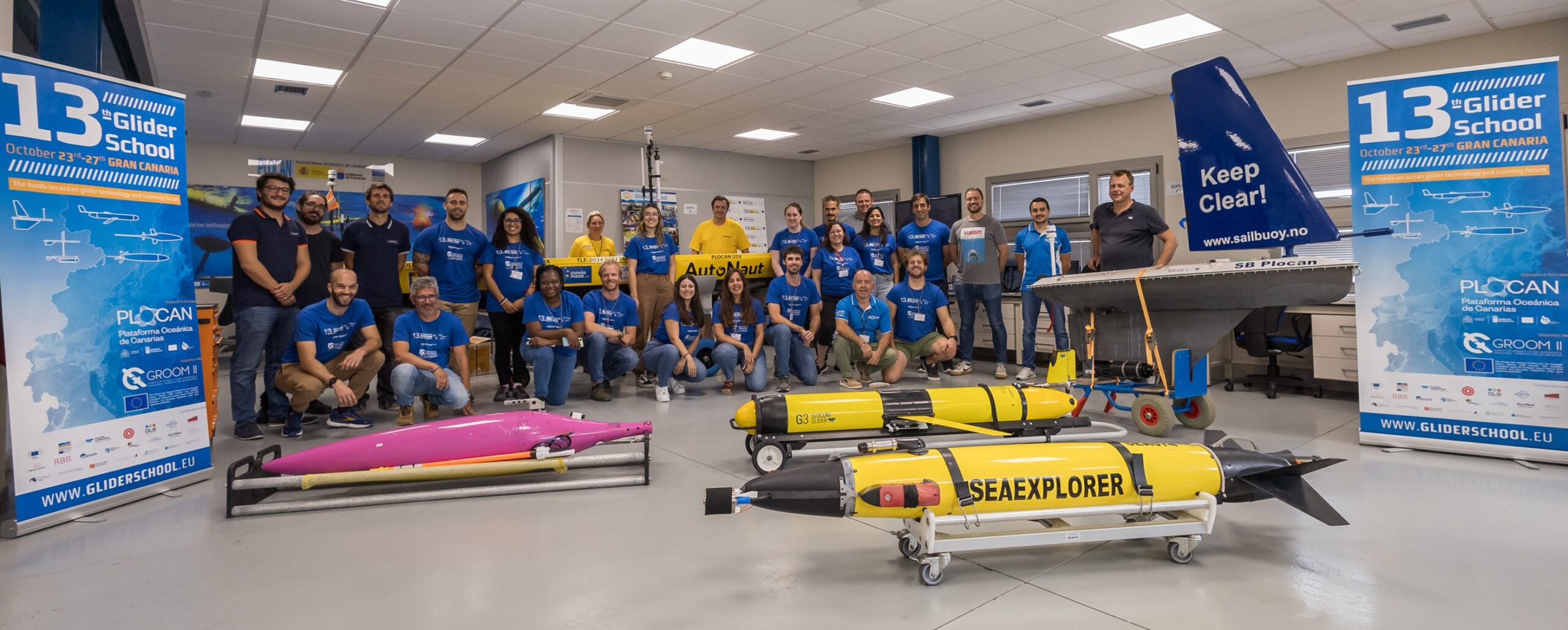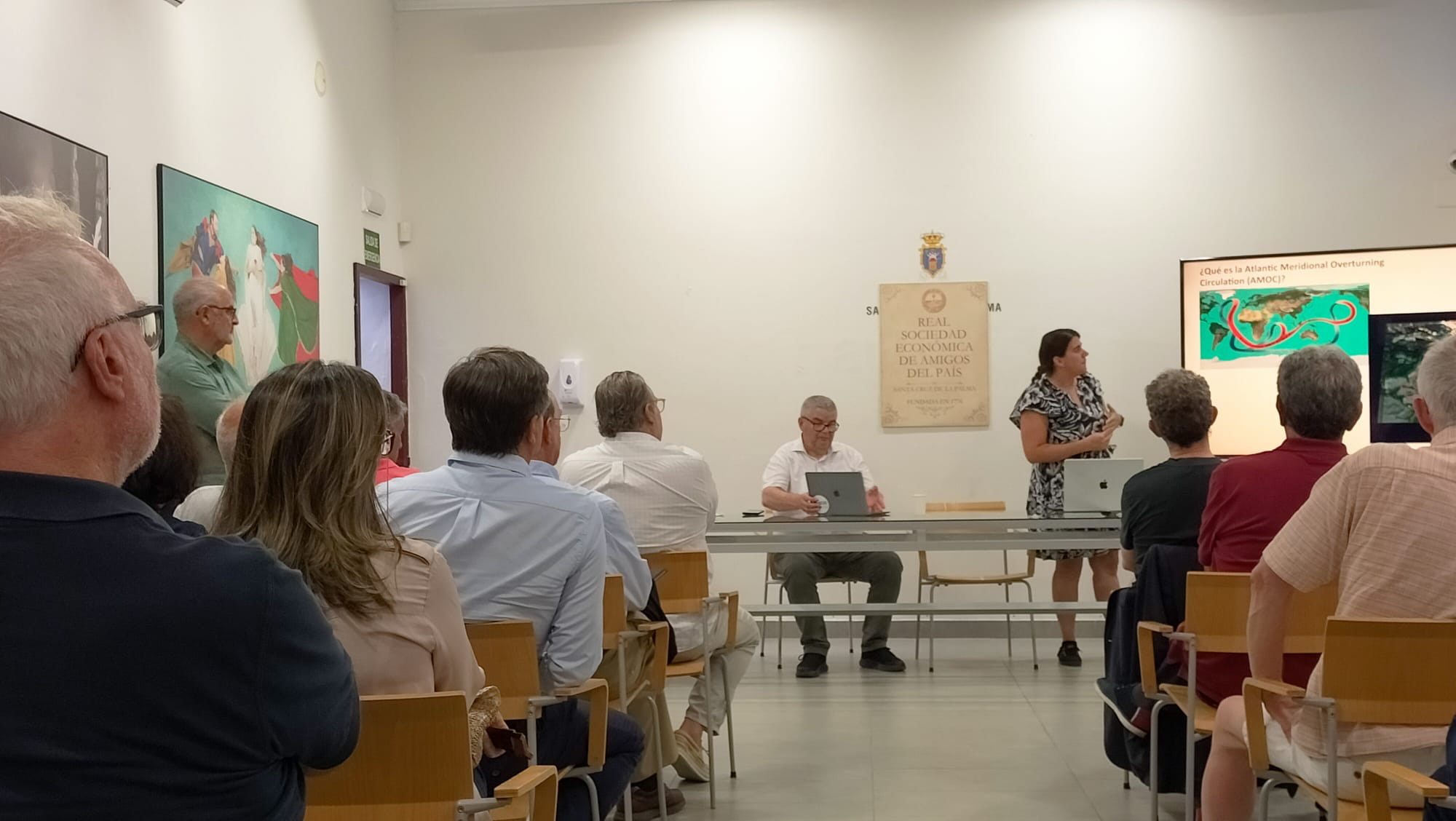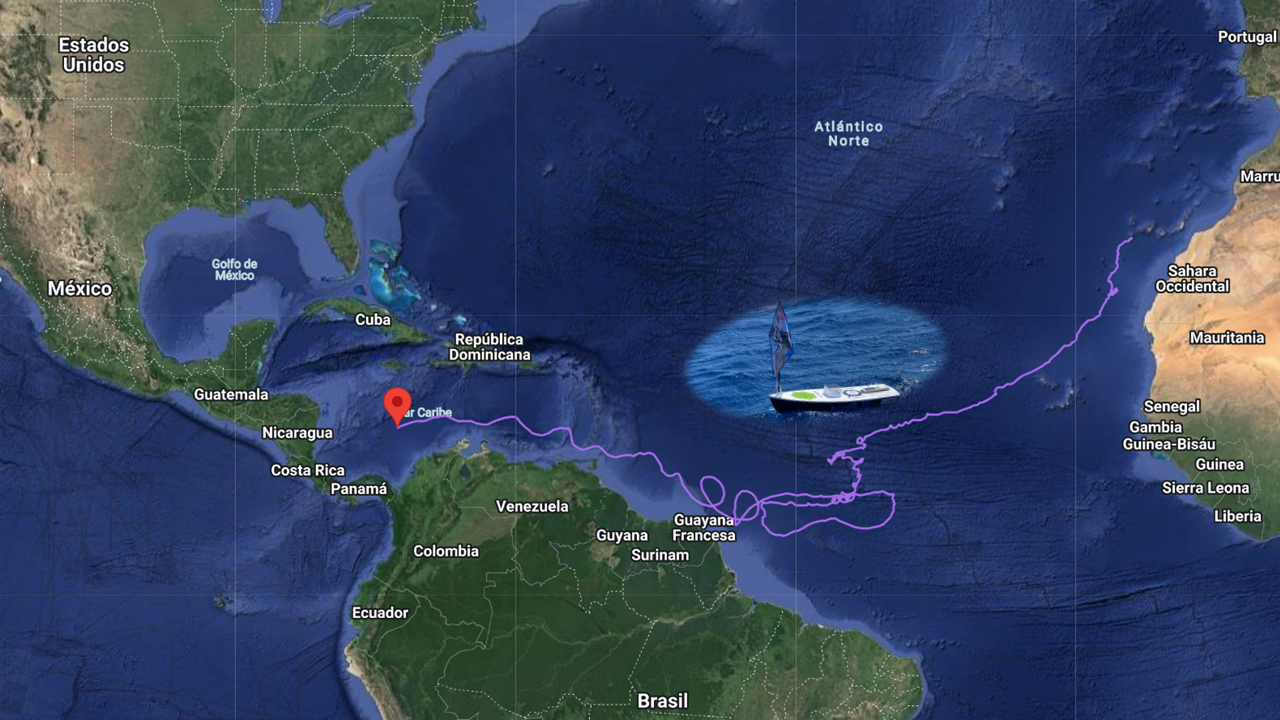The Oceanic Platform of the Canary Islands (PLOCAN) has participated in the annual meeting of the European consortium Eurosea “Improving and integrating the European Ocean Observing and Forecasting System”, to improve and integrate the European ocean observation systems in a global context, as well as the prediction models, convened at the University of Cádiz.
Eurosea works towards two main goals: to generate ocean observations and predictions that advance scientific knowledge about ocean climate, marine ecosystems and their vulnerability to human impacts, and secondly, to demonstrate how the ocean is an essential part of an economically viable and healthy society not only today but also in the decades to come.
Eurosea is a European project of the H2020 call with a duration of 50 months, with the participation of fifty-five partners, and its main objectives are to strengthen the current existing observation networks, integrating them as a single entity in the global context, improving the current design, the good disposition of the current ocean observation networks and prediction systems, generating data harmonization tools (FAIR) through the main European data aggregators and finally, generating observation and prediction services that fit better to the needs demanded by society.
The second annual meeting has been held in a hybrid format in the second week of May, with the face-to-face meetings held at the Faculty of Psychology of the University of Cádiz and transmitted by videoconference for those partners who have not been able to attend in person. During the meetings, the progress made during the thirty months of the project was discussed, evaluating the achievements and discussing the best ways to attain the rest of the pending objectives.
PLOCAN participates by leading the activity of task 3.7 of the work package that directs the integration of existing observation networks and favors the creation of new networks for those platforms not yet associated. This activity precisely aims to establish the lines of integration of the observation platforms known as Autonomous Surface Vehicles (ASV), which are currently proving to be fundamental and multidisciplinary tools for ocean observation, generating essential data that allow know the processes of exchange between the ocean and the atmosphere.
The Eurosea project has funding close to twelve million euros and has a website https://eurosea.eu/, with information on all aspects of the project.



